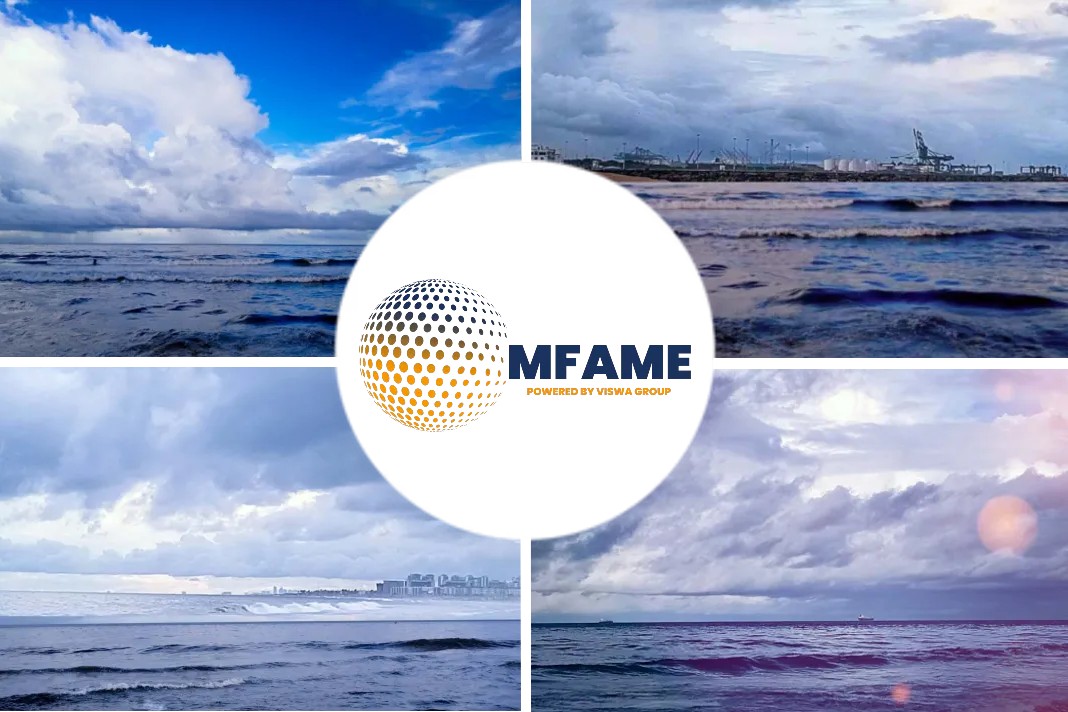- International Maritime Organisation’s global 0.50% sulphur cap regulation will come into effect on January 1st 2020.
- The sulphur limit in fuel oil used in ships operating outside ECAs will be reduced to 0.50% from the current 3.50% and is in effect since 2012.
- If SOx limit is not reduced for ships from 2020, that would contribute to air pollution leading to more than 570,000 premature deaths worldwide between 2020 and 2025.
- New regulation is also set to impact the global economy, as companies in commercial shipping, bunkering and refining industries need to implement operational changes.
- Shipowners could install scrubber technology and continue to use HSFO or switch to either a lower sulfur complaint fuel or an alternative fuel sources such as LNG.
International Maritime Organisation’s new regulation will significantly reduce the amount of sulphur oxides emanating from ships. This will have major health and environmental benefits for the world, particularly for people living close to ports and coasts, says an article published in SteelGuru.
The stringent 2020 regulation
International Maritime Organisation’s global 0.50 per cent sulphur cap regulation will come into effect on January 1st 2020.
The limit for sulphur content in fuel oil used in ships operating outside the designated emission control areas will be reduced to 0.50% mass by mass from the current 3.50% mass by mass, which has been in effect since 2012.
Health hazards
A study on the human health impacts of sulphur oxide emissions from ships was submitted to IMO’s Marine Environment Protection Committee in 2016 by Finland.
It was estimated that by not reducing the SOx limit for ships from 2020, the air pollution from ships would contribute to more than 570,000 additional premature deaths worldwide between 2020 and 2025.
Impact on global economy
While the new regulation is projected to have far reaching consequences on the environment, it is also set to impact the global economy, requiring companies in commercial shipping, bunkering and refining industries to implement significant operational changes.
Mr Johnny Stewart, Principal Analyst EMEARC, Wood Mackenzie, a leading research and consultancy firm, tells that:
- IMO’s upcoming sulphur cap will cause a major shake-up in the fuel mix used by the shipping industry.
- The new legislation will not only affects the end-user shipping community but also the supply side including refiners, storage and blending companies, and traders.
Ways to achieve compliance
Shipowners would need to adopt one or a combination of solutions to achieve compliance.
- They could install scrubber technology and continue to use high sulfur fuel oil (HSFO), or
- switch to either a lower sulfur complaint fuel or an alternative fuel sources such as LNG.
While shipowners have started taking measures to adhere to the cap, the industry grapples with questions and uncertainties, ranging from the availability of compliant fuel to how the sector could stay commercially sustainable in the long term.
Did you subscribe to our daily newsletter?
It’s Free! Click here to Subscribe!
Source: SteelGuru

















